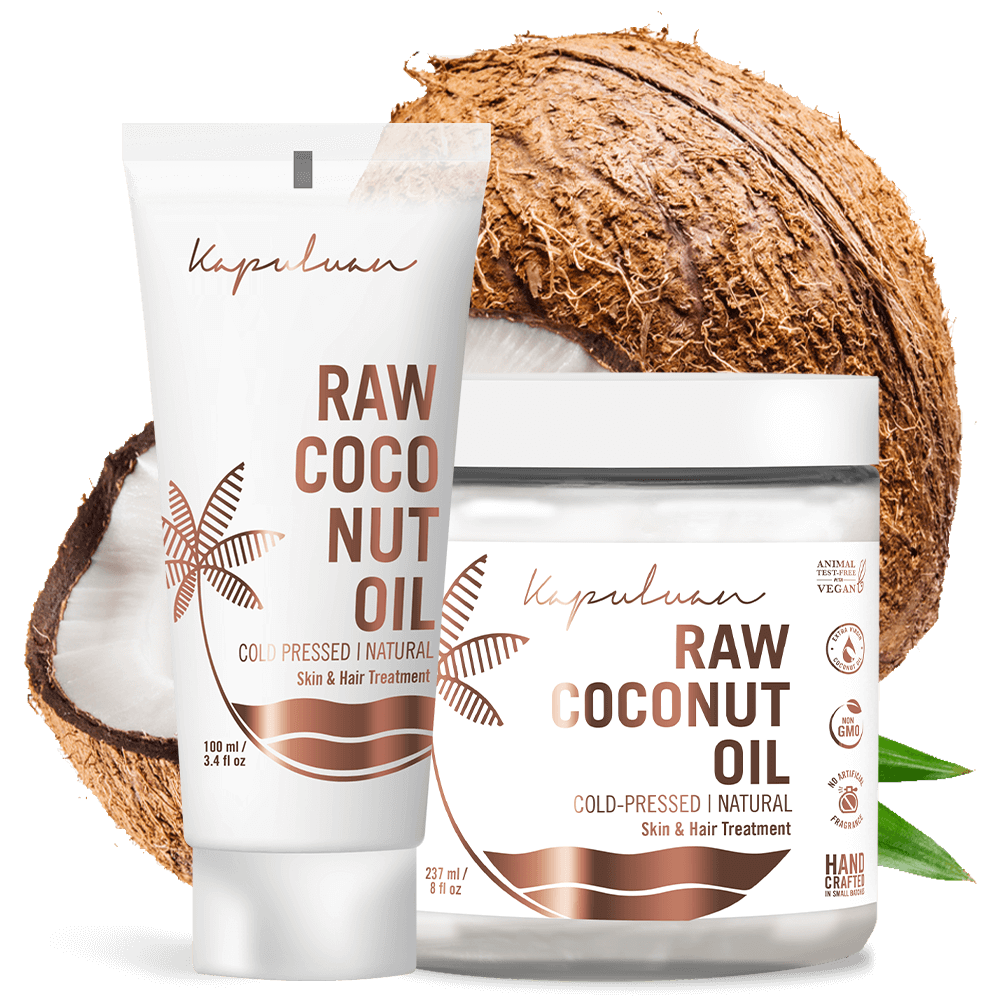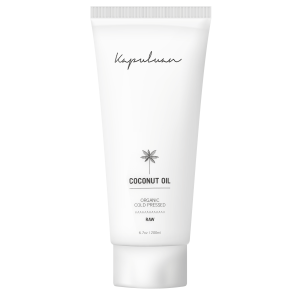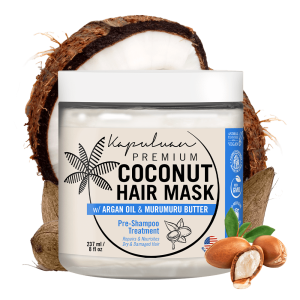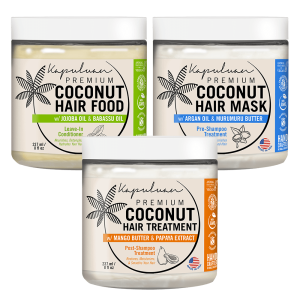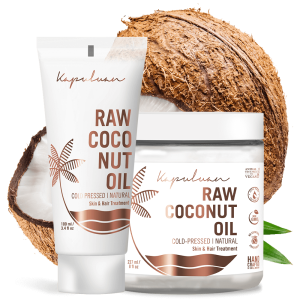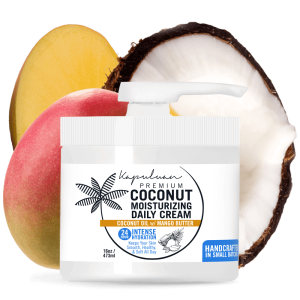Last Updated on March 28, 2024 by Kapuluan
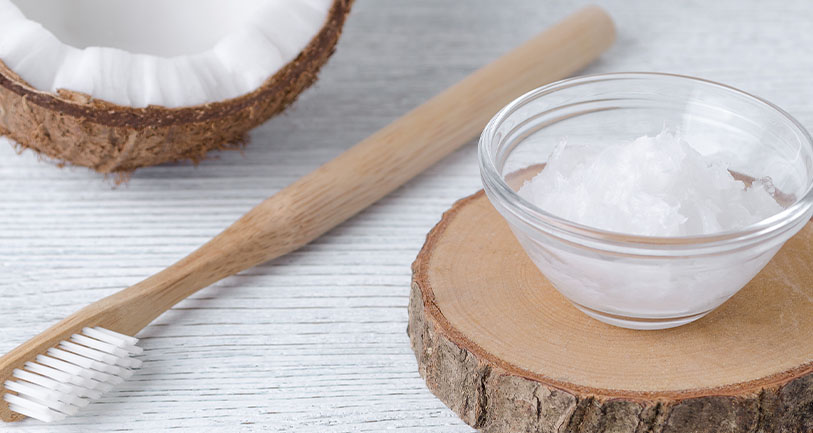
You can only find lauric acid in coconut oil and breast milk.
Coconut palms are indigenous to Pacific Islands and flourish throughout. Their ubiquity and health and personal care benefits have led to their extensive use by many local populations for thousands of years.
In 1606, the Spanish navigator Luis Váez de Torres explored the southern coastline of mainland New Guinea, encountering many native peoples who depended on the coconut as a significant food item. He wrote of one group: “Some are brown, well-built, and robust. But, unfortunately, they have little food variety, only a few coconuts and roots.”
Torres thus records that people whose diet comprised coconut, roots (probably yams), and a variety of seafood were not just surviving on their island but were solid and healthy.
In the 1930s, Dr. Weston A. Price, an American dentist, visited the South Pacific to study diet’s relationship to dental and general health. He found that people who consumed traditional foods, which commonly meant a diet of at least 60 percent coconut, had perfect teeth with no dental caries and were generally free from severe illness. On the other hand, among islanders who had moved to trade centers adopting an urban diet high in processed carbohydrates and low in coconut, there was a 26 percent incidence of dental caries and “progressive development of degenerative disease.”
Not only do our teeth give us beautiful smiles, but they also play an essential role in food digestion. Mastication or chewing is the first part of the digestion process; Our teeth have a primary role in ensuring we can chew food properly so it can be digested and converted to energy in the body.
Taking care of our teeth doesn’t have to be costly. You’ll be surprised by the dental benefits of coconut oil.
Coconut oil has been used to care for teeth in a process called oil pulling for thousands of years. Oil pulling is an ancient Indian remedy found in books written approximately 1500 years ago.
The process is straightforward. You swish a tablespoon of coconut oil in your mouth for 5-20 minutes, spit it out and then brush your teeth.
We must understand how oil pulling works to appreciate how it helps care for our teeth.
Research has shown lauric acid to be effective against bleeding, inflamed gums, loose teeth, and halitosis (bad breath). By collecting and expelling toxins from the mouth, oil pulling assists with oral care and overall health. With over 50% lauric acid, this essential fatty acid has been shown to promote healthy immune function and is 2nd only to breast milk in content.
Dentists recommend using raw, alkaline coconut oil. The purer the coconut oil, more effective it is in pulling bacteria and disease-causing germs from the mouth.

